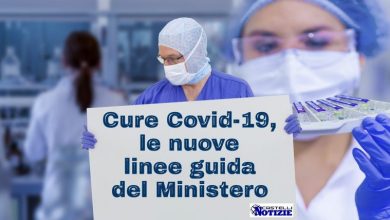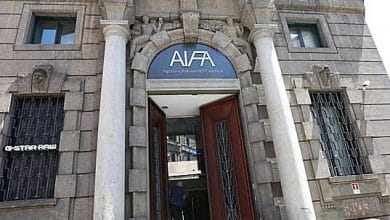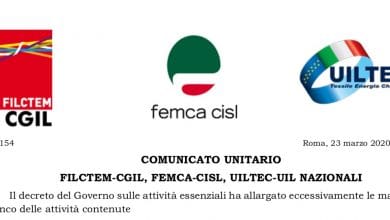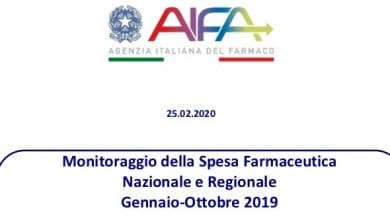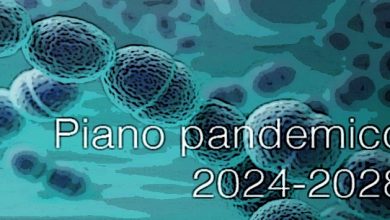
In 2017, the pharmaceutical expenditure under the agreement, i.e. the one that passes through local pharmacies, should remain stable at last year's levels, just over 8 billion euros. A zero growth which in any case represents good news, because 2016 ended with a decline of 2% compared to the previous year. These, in summary, are the indications that in the field of pharmaceuticals come from the Def, the Economic and Financial Document approved on Tuesday by the Council of Ministers.
 The most interesting figures are found in the second volume of the publication, dedicated to financial analysis and trends: this year, it is forecasted, public health expenditure should amount to 114.1 billion euros, for an increase of 1.4% compared to the previous year. Almost the same average annual growth rate, 1.3%, should characterize the Health Fund in the three-year period 2018-2020, in which health expenditure will rise respectively to 115, 116.1 and 118.5 billion euros. Taking into account that the Government estimates an average GDP growth of 2.9% for the period, the impact of health expenditure on the gross domestic product will drop from 6.7% in 2016 to 6.4% in 2020. The assessments, reads the Def, are affected by «the contribution of the NHS to the public finance maneuver envisaged by the 2017 Budget Law, the interventions to contain healthcare costs already planned under current legislation, the legislation relating to the contractual holiday allowance for employees and those affiliated with the NHS and finally of the permanent reduction of the resources destined to the ancillary treatment of employees, foreseen by the legislation in force».
The most interesting figures are found in the second volume of the publication, dedicated to financial analysis and trends: this year, it is forecasted, public health expenditure should amount to 114.1 billion euros, for an increase of 1.4% compared to the previous year. Almost the same average annual growth rate, 1.3%, should characterize the Health Fund in the three-year period 2018-2020, in which health expenditure will rise respectively to 115, 116.1 and 118.5 billion euros. Taking into account that the Government estimates an average GDP growth of 2.9% for the period, the impact of health expenditure on the gross domestic product will drop from 6.7% in 2016 to 6.4% in 2020. The assessments, reads the Def, are affected by «the contribution of the NHS to the public finance maneuver envisaged by the 2017 Budget Law, the interventions to contain healthcare costs already planned under current legislation, the legislation relating to the contractual holiday allowance for employees and those affiliated with the NHS and finally of the permanent reduction of the resources destined to the ancillary treatment of employees, foreseen by the legislation in force».
On all forecasts, the Government still warns, the new system of ceilings that governs pharmaceutical spending this year also has an impact: 7.96% on the agreement and 6.89% on expenditure for direct purchases of the Regions, i.e. hospital and direct-dpc. In this regard, the Def is reassuring and provides some confirmations: any overruns on expenditure for direct purchases will be covered "fifty-fifty" by Regions and industries, while the drug supply chain (i.e. pharmacies, distributors and again industries) will be responsible for coverage of a possible breach of the agreement. In summary, the scenario that Federfarma had already warned in December is further reaffirmed: with direct-dpc expenditure subject to a different payback mechanism (until last year it only compensated for industry) the Regions could find it convenient to reclassify in the agreement a part of the drugs of well-established use today supplied live. It is one of the hypotheses that the working group coordinated by AIFA on the costs of the dual channel will have to investigate.
(AS – Federfarma – 15/04/2017)
Related news: Maneuver, from expenditure ceilings to innovative drugs. The new arrivals

